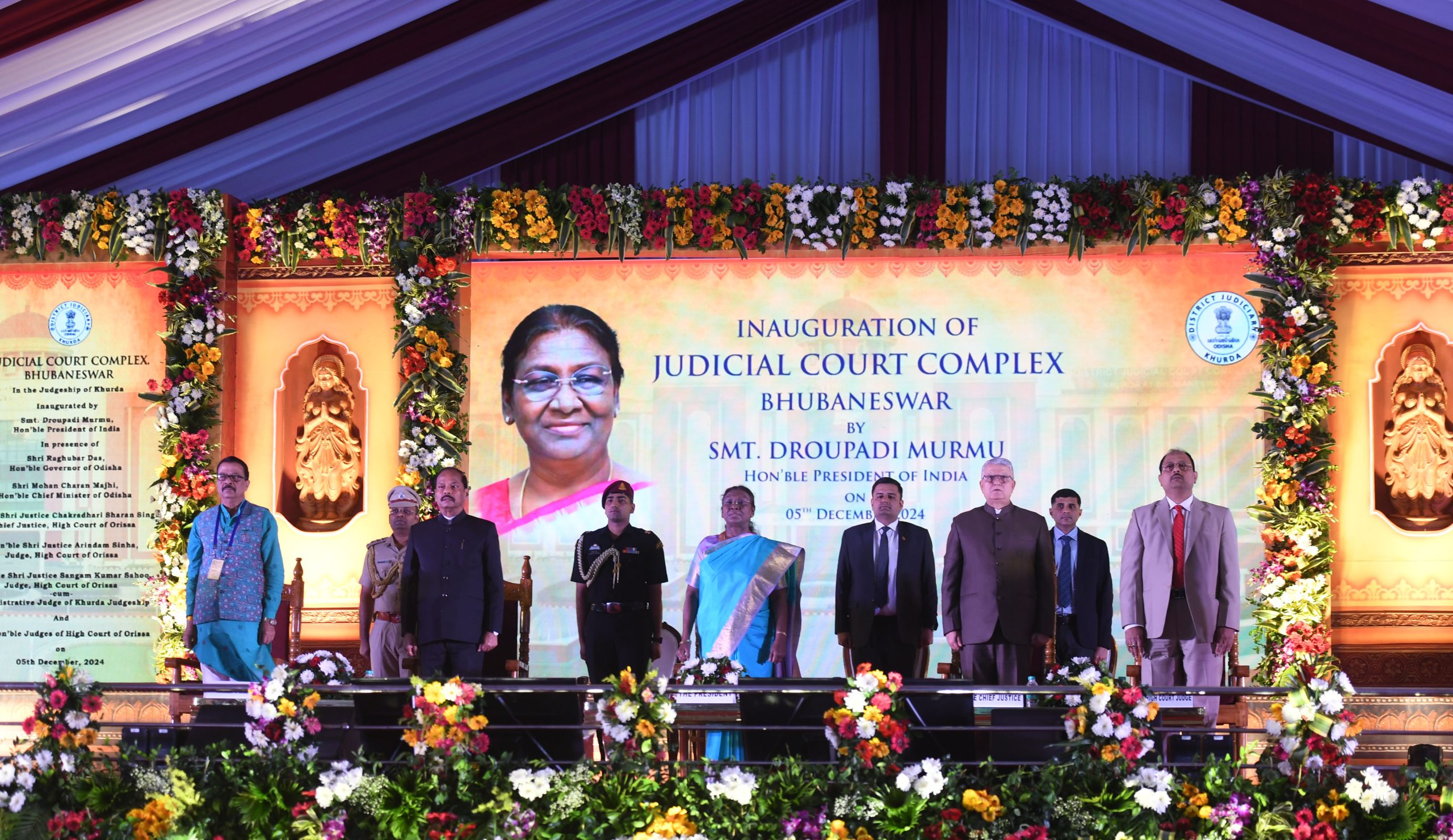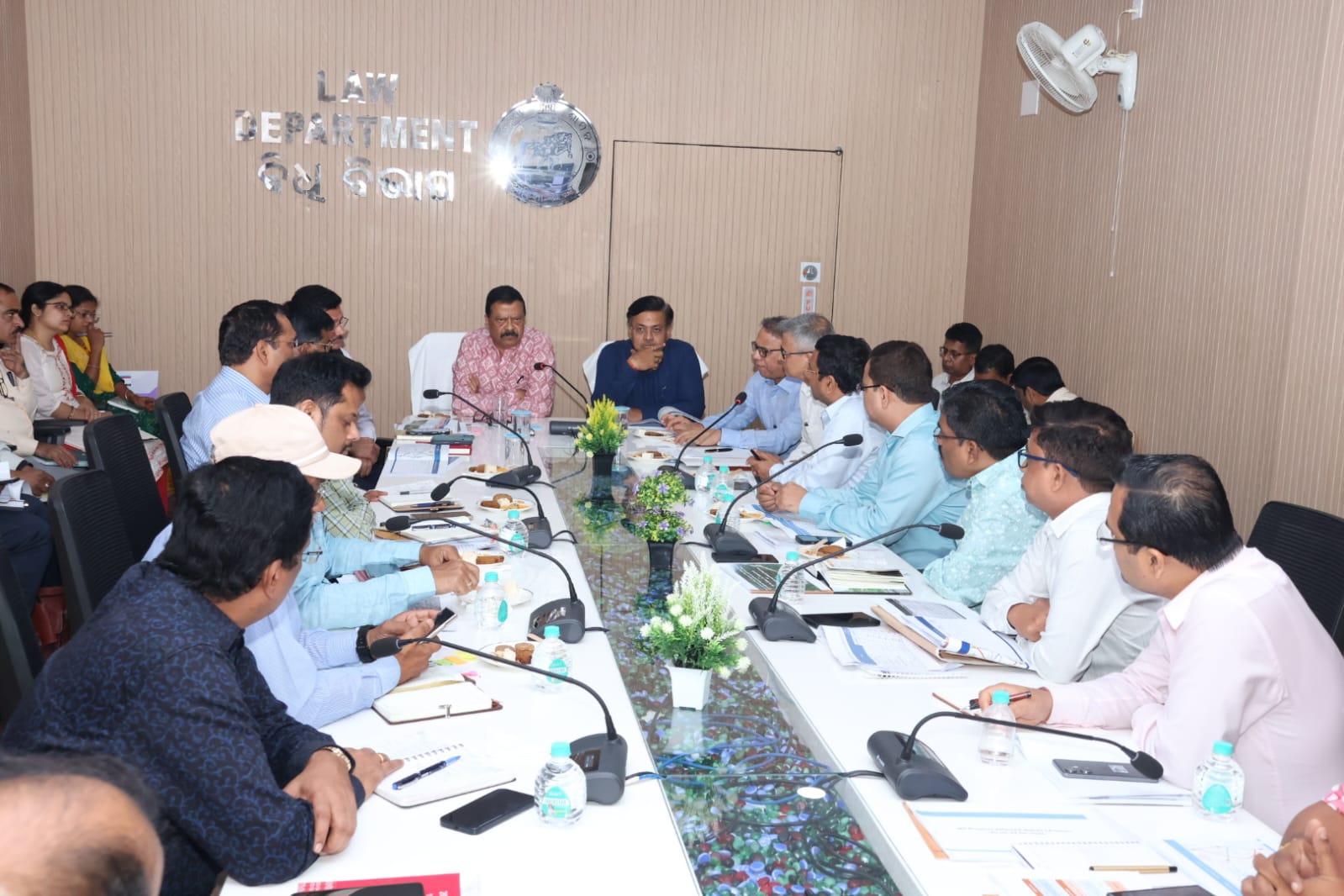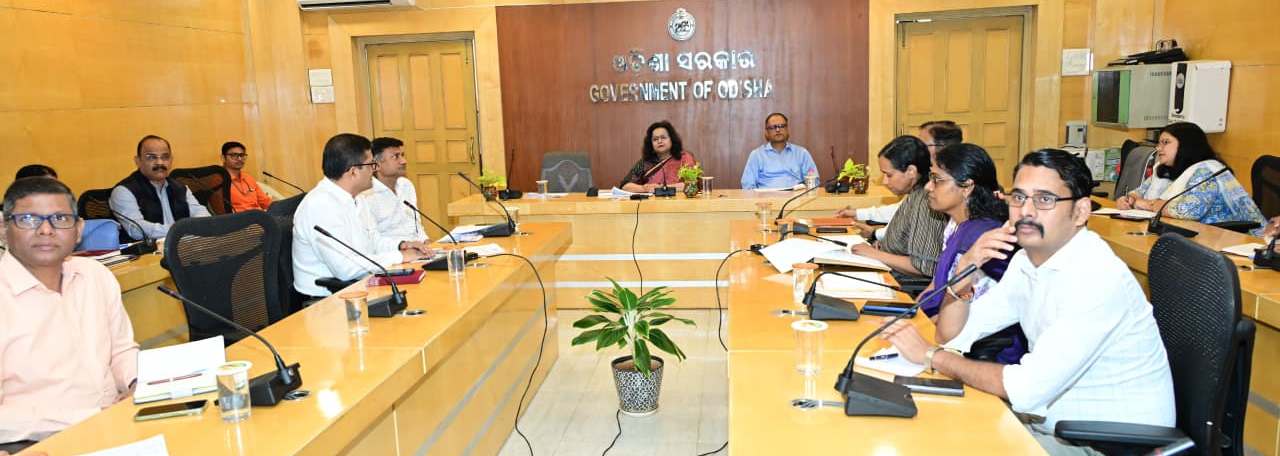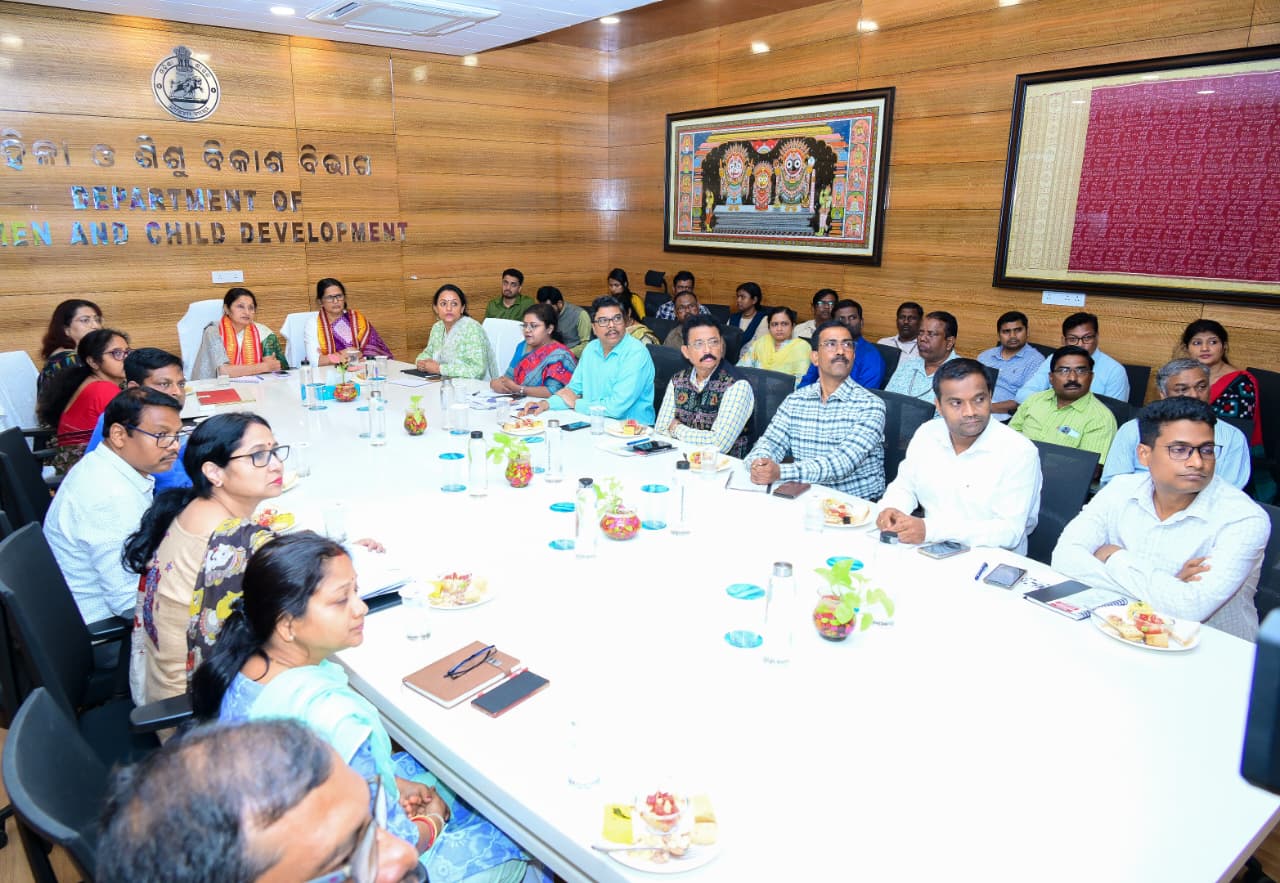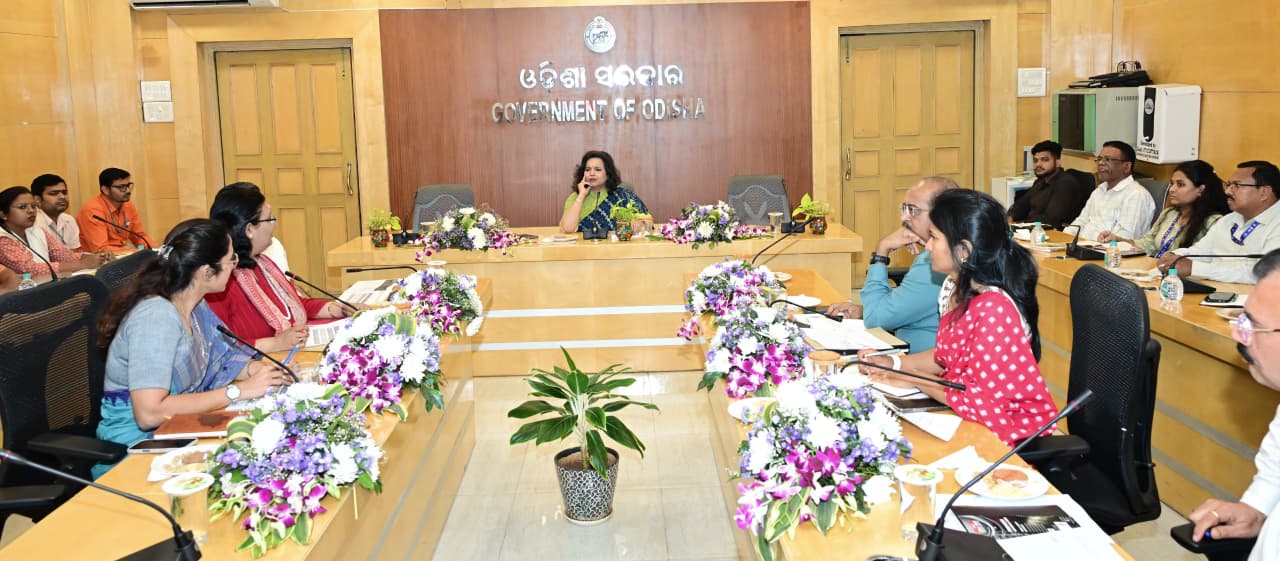Bhubaneswar: The President of India, Smt. Droupadi Murmu, inaugurated the newly constructed Judicial Court Complex in Bhubaneswar, Odisha, today (December 5, 2024). The state-of-the-art facility is designed to address current and future judicial needs, incorporating advanced technologies to streamline the delivery of justice.
Speaking at the inauguration ceremony, the President emphasized the importance of timely justice, equating delays in judicial processes with the denial of justice itself. She highlighted the adverse impact of the culture of adjournments, particularly on economically disadvantaged individuals who lack the resources to navigate repeated court appearances. She urged all stakeholders in the legal system to prioritize measures to curb this practice for the benefit of the common people.
Addressing language barriers in the judicial system, the President acknowledged the challenges faced by ordinary citizens in understanding legal proceedings. She praised recent efforts to translate court judgments into Odia and Santhali, ensuring accessibility for a broader segment of the population. These translations are now available on the websites of the Supreme Court and the Orissa High Court, reflecting a step towards a more inclusive justice system.
In her address, the President also emphasized the importance of increasing women’s participation in the judiciary. Highlighting that 48% of officers in the Odisha Judicial Service are women, she expressed optimism about further growth in this area. She noted that this aligns with the broader national focus on women-led development, which aims to foster greater gender equity across various sectors.
President Murmu stressed the need for a more approachable and empathetic judicial system. She pointed out that many citizens feel intimidated by lawyers and judges, which can hinder their ability to express themselves freely. Creating a sensitive and welcoming environment in courts, she said, is essential for ensuring justice for all.
The President commended the new court complex for its modern design and advanced facilities, which she believes will significantly enhance judicial efficiency. The integration of new technologies, she said, will accelerate justice delivery and support the smooth functioning of the judicial system.

